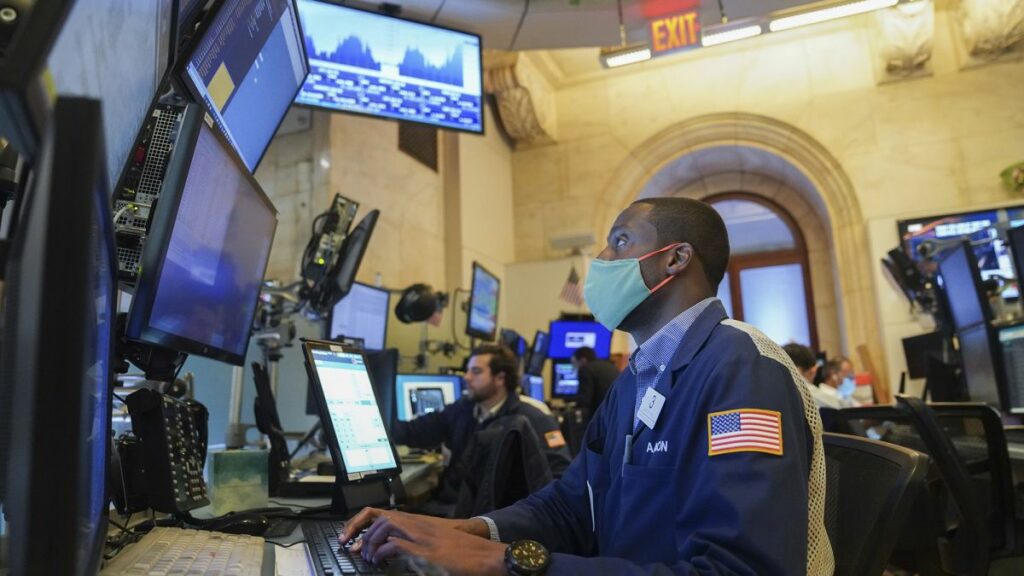Investors are terrified … of missing out on the market rally

It shouldn’t come as a huge surprise that the Investors also have little choice but to keep buying stocks because other assets simply don’t seem attractive. “The longer negotiations continue, the greater is the risk that something goes wrong with the political calculus and the Fed would prefer to be past this uncertainty before commencing tightening,” Kelly added. The research team at Principal Global Investors argues that the Fed will likely remain on hold until the beginning of next year too.”Investors shouldn’t expect the Federal Reserve to alter their plans to begin easing policy, and we reiterate the view that the Fed will likely begin tapering in early 2022,” the Principal analysts wrote in a report Monday. They added that “investors shouldn’t worry that runaway inflation will derail the positive trajectory” for riskier assets like tech stocks and other high-growth sectors.Delta variant likely won’t cause repeat of 2020 shutdownSeveral strategists aren’t terribly concerned about the Delta variant having a major impact on the economy or earnings either. With millions of Americans vaccinated, the chances of businesses imposing stringent lockdowns like they did in the spring of 2020 seems remote. “Expect a moderation but not a halt in the recovery as the government and consumers adjust to the rise of the Delta variant,” said Glenmede strategists Jason Pride and Michael Reynolds in a report Monday morning.Business leaders remain fairy upbeat too, which bodes well for stocks. According to a survey of corporate executives, business owners and private equity investors released by investment firm Stifel Monday, many companies are still planning to raise cash for mergers and other strategic initiatives in the foreseeable future.”There’s a general sense of optimism following a long period of Covid-induced disruption,” said Michael Kollender, managing director with Stifel, in the report. But he added that companies must adapt to a rapidly changing economy, with labor shortages and tax reform as two key challenges.





